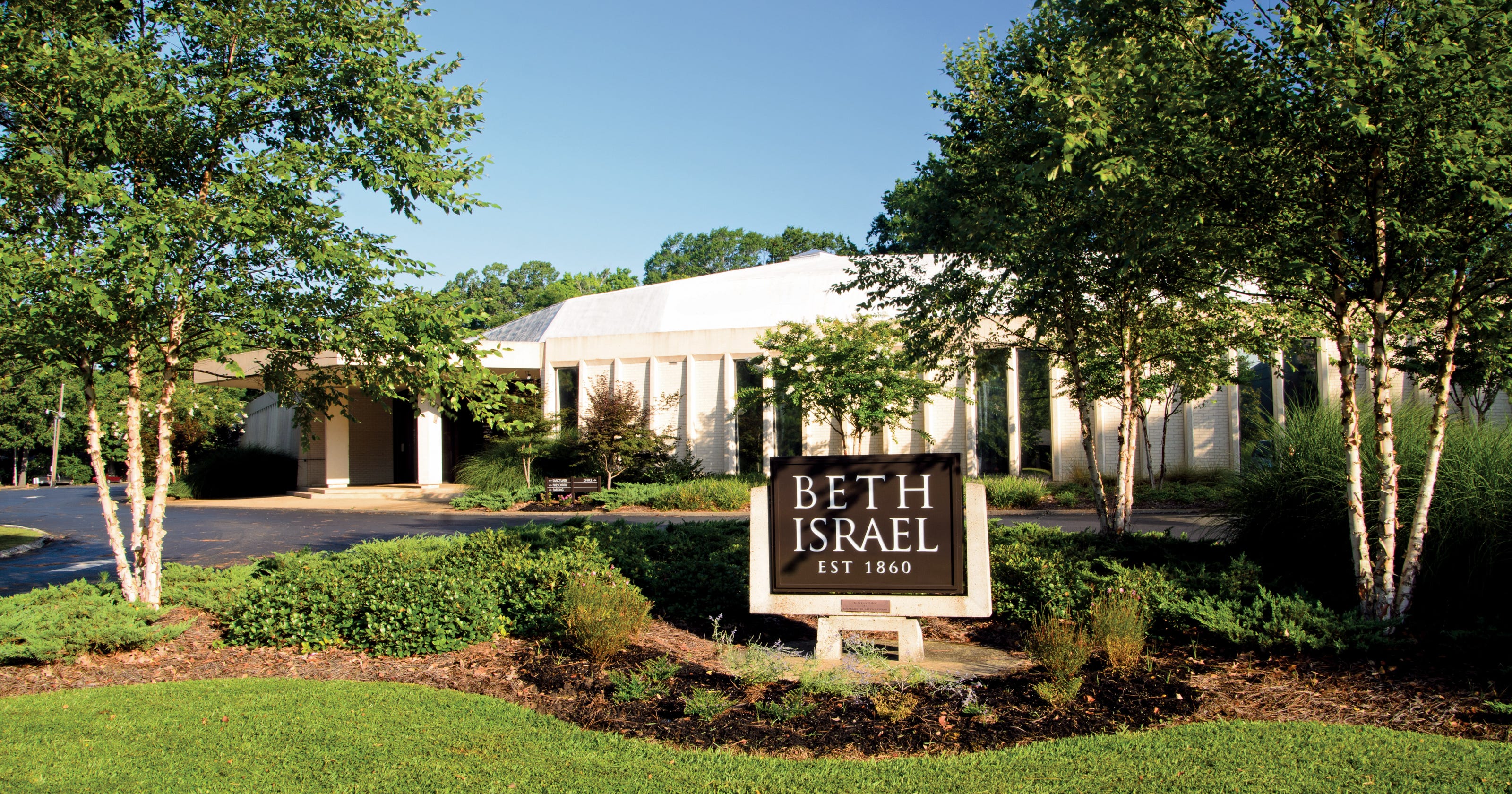I’d been hearing the buzz all summer. “Have you seen the Mr. Rogers film?” “It made me cry, and I wasn’t the only one in tears in the theater.” A week or two ago a friend asked, “Do you remember watching Mr. Rogers as a child?” I couldn’t quite recall, though I remember being aware of the show. I certainly knew of it and I had watched during the earliest years of my own children’s lives.
So last week, I ventured to The Triplex in Great Barrington to catch the film. It was a good thing as it turned out to be the very last showing of “Won’t You Be My Neighbor? out here in the Berkshires. It was one of the most meaningful and moving movie-going experiences I have had in a long time. And yes, I was sobbing as the film ended. If it is playing in your neighborhood – or along your travels, GO SEE IT! As I remarked to the friend with whom I saw it, “This film is an antidote to so much of what we are living with these days.” I don’t think that is an exaggeration. Indeed, I wish we could make it required viewing for all of our leaders in Washington, DC during their summer recess!
 I grew up in the generation that just missed Fred Rogers as part of their immediate cultural landscape. I was already preparing for my Bar Mitzvah as Fred Rogers went on the air in 1968. But I am grateful to filmmaker Morgan Neville (who also created the excellent Twenty Feet From Stardom which I recall seeing a few years back at our local Independent Film House in West Newton. While I had been aware of Fred Rogers and his PBS Mr. Rogers’ Neighborhood program, Neville’s film is a deep-dive into the man, his work, and his message. It teaches us about his passions, his message, and his abiding and deep respect for and love of children. We also learn about his valiant and, ultimately, successful testimony before a Congressional committee to save funding for PBS and Educational programming.
I grew up in the generation that just missed Fred Rogers as part of their immediate cultural landscape. I was already preparing for my Bar Mitzvah as Fred Rogers went on the air in 1968. But I am grateful to filmmaker Morgan Neville (who also created the excellent Twenty Feet From Stardom which I recall seeing a few years back at our local Independent Film House in West Newton. While I had been aware of Fred Rogers and his PBS Mr. Rogers’ Neighborhood program, Neville’s film is a deep-dive into the man, his work, and his message. It teaches us about his passions, his message, and his abiding and deep respect for and love of children. We also learn about his valiant and, ultimately, successful testimony before a Congressional committee to save funding for PBS and Educational programming.
Seeing Won’t You Be My Neighbor has sparked my interest in learning more about Fred Rogers, and his work. I am currently listening to the audiobook version of The Simple Faith of Fred Rogers by Amy Hollingsworth. Fred Rogers studied for and was ordained as a Presbyterian minister. In my eyes, he truly conducted a sacred ministry, through the somewhat unholy medium of television. His interest in creating his iconic program was spurred on by his disappointment in so much of what passed for entertainment on TV as he was embarking on his career: people throwing pies in the faces of others for laughs; noisiness and chaos, not to mention violence; and the degradation of human beings -- all were sparks which kindled Fred Rogers’ mission. I believe that if we tune in, via this film – even now, we can yet be all the better for his life’s work.
We live in a time when our airwaves and our newspapers overflow with insults, incidents of bullying, hatred, bigotry and so much more wherein we are witness to the denigrating of the “other” and the diminishment of human beings and our society. Fred Rogers’ messages about the value of silence; human dignity; and the preciousness of each and every human life are inspirational. They leaped off the screen into my heart and soul and are a balm for the painful realities that surround me – and all of us – in these troubling times.
I learned a lot from Won’t You Be My Neighbor? And it wasn’t just about Fred Rogers, though the viewer certainly is granted an insider’s view of the man, his ideology, and his educational mission. In a world and a time when so many children have been ripped from the lives and arms of their parents, here comes Fred Rogers’ abiding belief in the preciousness and uniqueness of every child. To be sure, he had his detractors, which the film covers as well. He was the inspiration for numerous comedic“ take-offs” from other cultural icons such as Johnny Carson and Eddie Murphy. Some, like Boston Herald columnist Don Feder were downright cruel. But he maintained his dignity and his humanity in spite of it all. This too is a lesson for our time.
In the last third of the film, one views a Public Service Announcement for which Mr. Rogers was coaxed out of retirement to film for the first anniversary of 9/11. Speaking softly, as he always did, Fred Rogers looks straight into the camera, and says, ““We are all called to be ‘Tikkun Olam,’ repairers of creation.” He shares that: “When I was a boy, and I would see scary things in the news, my mother would say to me, ‘Look for the helpers. You will always find people who are helping.’” As I watched that clip I felt a shiver go down my spine. Within minutes, I realized that like those who had told me about their experience of seeing the film, I too was sobbing.
:format(webp)/cdn.vox-cdn.com/uploads/chorus_asset/file/8564985/1818015.jpg)
























